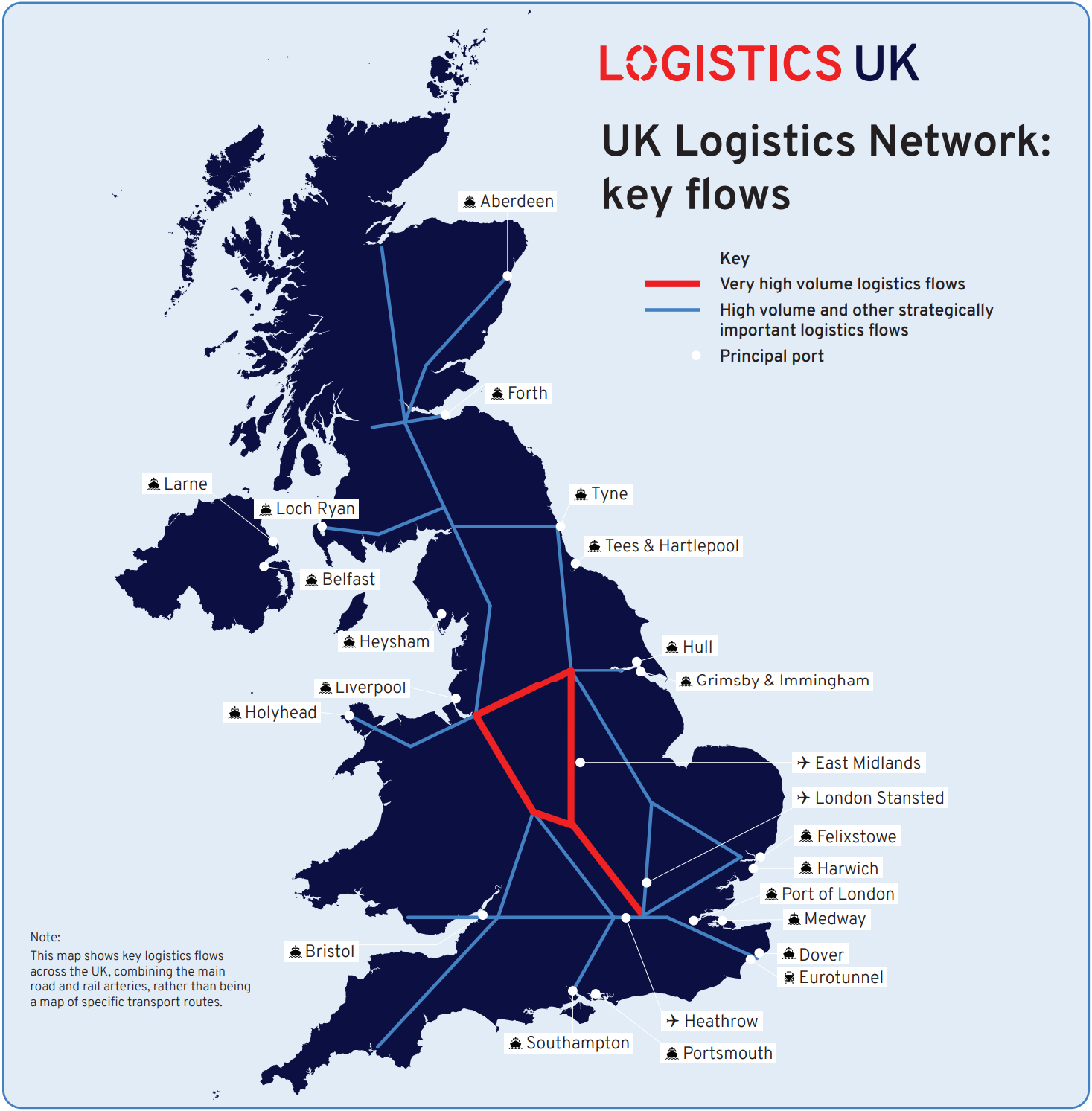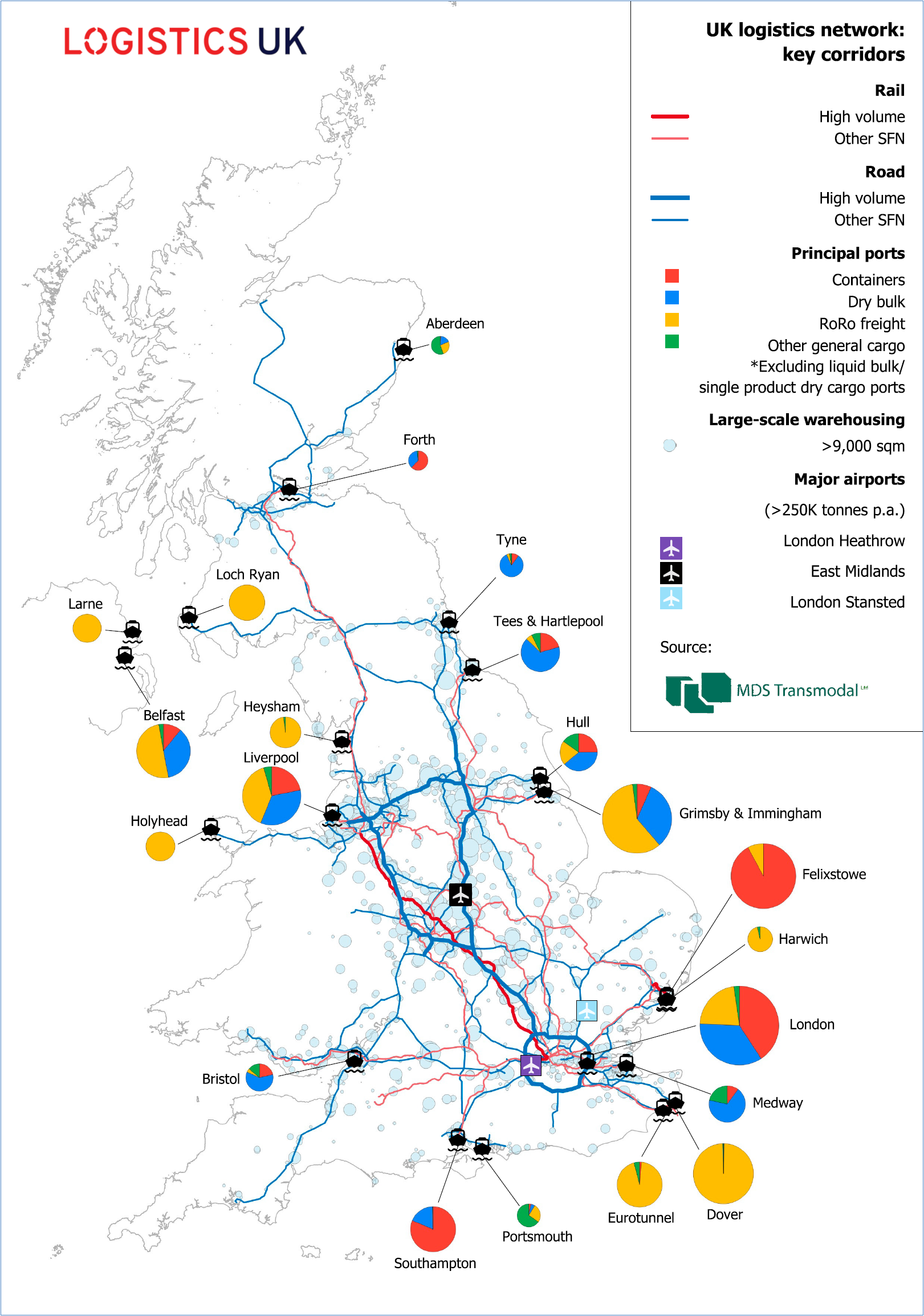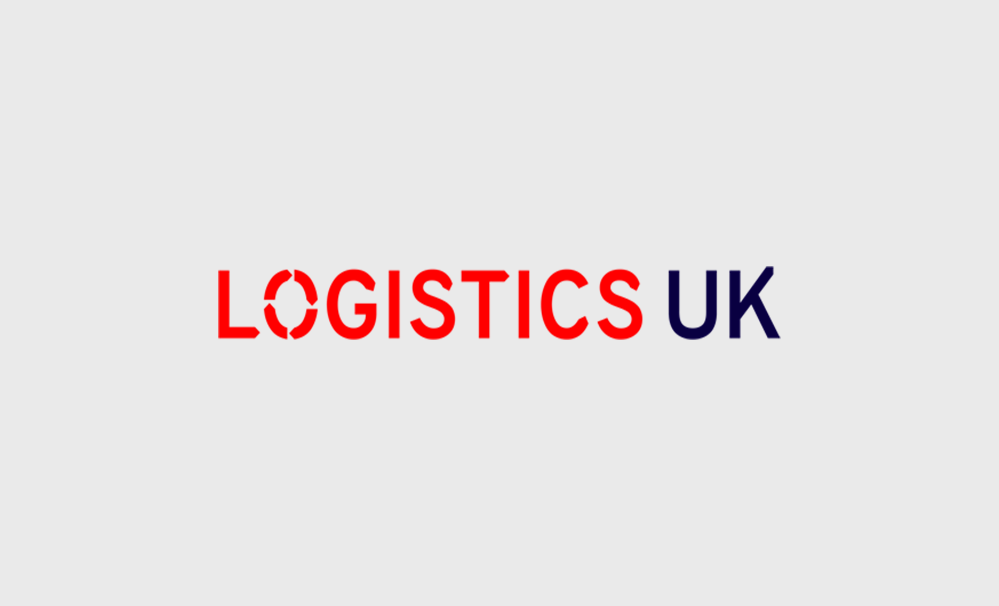The annual cost of congestion on the Strategic Road Network for HGVs increased by almost £1 billion between 2015 and 2024, according to business group Logistics UK. The findings are included in its new research report “The UK Logistics Network”, which maps the UK’s critical supply chain infrastructure and key transport corridors, and has been published while the government is developing the UK’s new infrastructure strategy.
The report by Logistics UK and leading transport economists MDS Transmodal was launched today (12 November 2024) at a parliamentary meeting attended by MPs and industry stakeholders. As a result of the new research findings, Logistics UK is pressing the Treasury and the Department for Transport to formally identify the UK’s Logistics Network and use this as the basis of a 30-year infrastructure strategy. Identifying the national freight network, the key routes used by logistics operators – was first proposed in the previous government’s Future of Freight Plan with the aim of driving efficiency and integration. According to Oxford Economics, the government could boost the economy by up to £8 billion a year by 2030 through productivity-led growth with the right policy environment and strategic investments for the logistics sector.
“The UK Logistics Network” identifies a complex network of interconnected road, rail, air and maritime transport routes, and shows how the system is reliant on a relatively small number of critical corridors. The report sets out that a lack of capacity on these corridors leads to bottlenecks that impair operational efficiency and growth, particularly where freight must compete for space with passenger transport, such as rail freight on the West Coast Main Line and road freight across the Pennines, around London and between the towns and cities of the Midlands.

Logistics UK Chief Executive David Wells OBE says, “Our new report serves as a starting point for a conversation between government and business on how to identify the UK Logistics Network and create a long-term vision that addresses strategic capacity challenges, while positioning the UK as a leading green economy.
“Underinvestment has left the UK’s current logistics network ill-equipped to handle increasing freight volumes, leading to inefficiencies that affect the productivity and growth prospects of the entire economy. A critical underlying issue has been the relatively low level of investment in transport infrastructure over the past decade. For example, between 2016 and 2019, the UK’s annual growth rate in transport infrastructure investment was just 0.7%. In contrast, Germany, one of the UK’s main competitors in the logistics sector, saw its transport infrastructure investment grow by nearly 9% per year over the same period.”
The new report shows how the UK’s road network is central to its logistics infrastructure, with approximately 81% of domestic freight, by weight, being transported by road. Almost one third of all traffic on all major roads is logistics related, and this rises to 47% of traffic on high-volume routes.
A similar pattern is seen in the rail sector, with high volume rail freight routes representing just 2% of the network in kilometres but carrying 15% of all rail freight tonne kilometres. The report shows how if speeds on rail routes could be improved by 25%, then operating costs could be reduced by £40 million per year.
David Wells OBE continues, “With the government developing its Infrastructure Strategy and seeking to grow the economy, our report highlights the urgent need for long-term thinking to enhance the capacity, sustainability and efficiency of the network, which is critical to improving the UK’s global competitiveness in logistics.”

Full copies of the report can be downloaded here: The UK Logistics Network – Identifying our critical supply chain infrastructure to drive growth (https://logistics.org.uk/research-hub/reports/uk-logistics-network)
Logistics UK is one of the UK’s leading business groups, representing logistics businesses which are vital to keeping the UK trading, and more than seven million people directly employed in the making, selling and moving of goods. With decarbonisation, Brexit, new technology and other disruptive forces driving change in the way goods move across borders and through the supply chain, logistics has never been more important to UK plc. Logistics UK supports, shapes and stands up for safe and efficient logistics, and is the only business group which represents the whole industry, with members from the road, rail, sea and air industries, as well as the buyers of freight services such as retailers and manufacturers whose businesses depend on the efficient movement of goods. For more information about the organisation and its work, please visit logistics.org.uk






